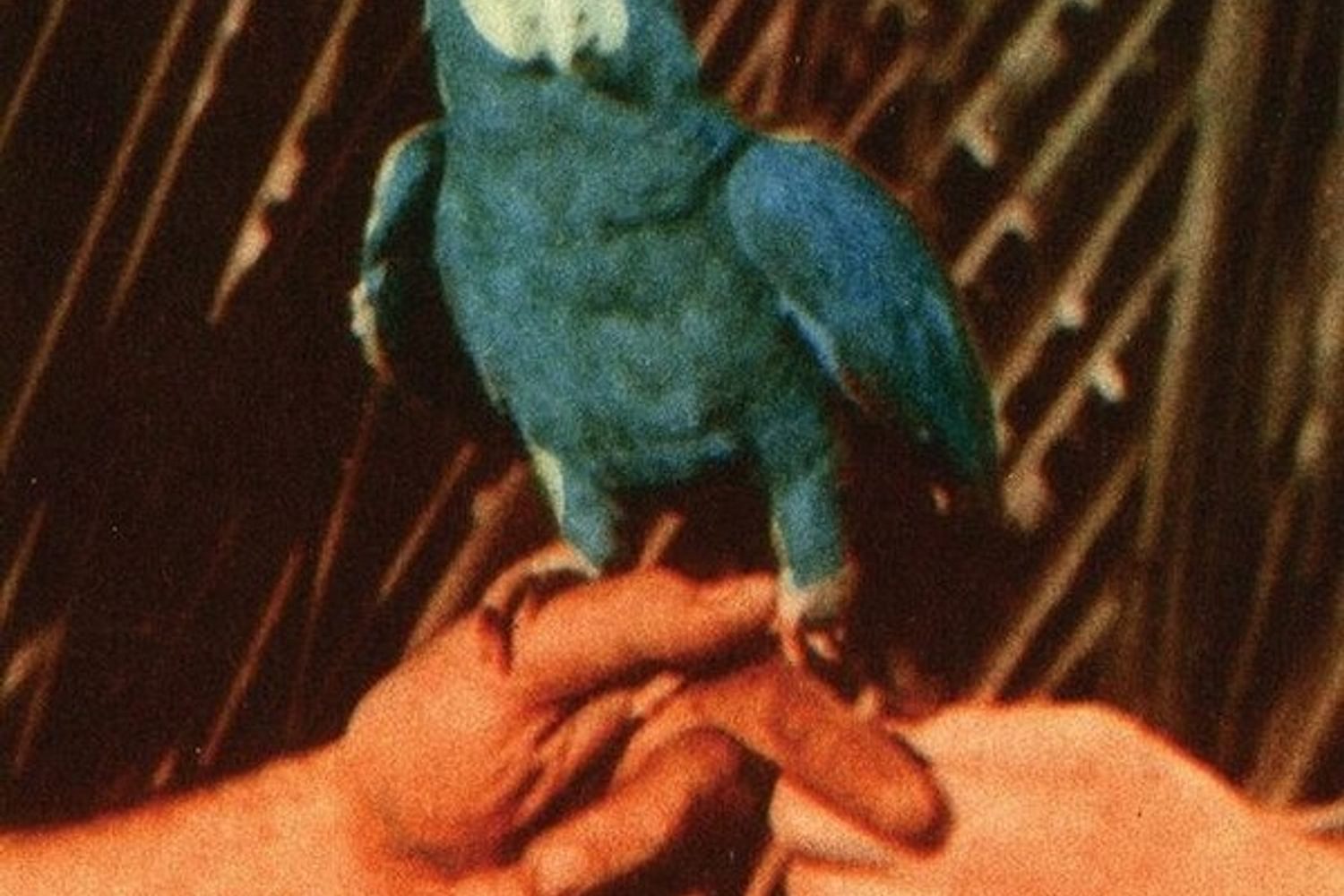Live Review
Andrew Bird, Power Center, Ann Arbor
Bird is able to communicate an infectious love of music.
Watching Andrew Bird perform a solo show is a truly exciting prospect. For most musicians, the idea of setting up lush sonic landscapes by oneself with only the aid of a loop pedal, a fiddle, a guitar, and a glockenspiel would be an incredibly daunting task. Yet Bird excels in this medium, and it is enthralling to hear the building layers of a song combine and morph into a feel that is the unexpected sum of their parts. After listening closely to songs, the listener can ascertain a general approach to Bird’s songwriting – the basic riff, its harmony, a counter-riff, maybe some sustained bowed notes to outline the chords and a bass line.
Tonight, Bird opens with a short new instrumental song that segues into ‘Why?’, standard live repertoire from his early catalogue which, Bird assures the audience, ‘I play more for me and less for you, it calms me down.’ Bird’s banter is intriguing – his speech is sincere and charmingly awkward as he talks about bizarre stories that inspired songs, which stars retired Jesuit priests and nuns wading in the pool of a hotel-apartment and angry college roommates hurling dishes.
Bird decides to take the evening to try out a lot of new material, since he has just come back from a break after promoting 2009’s Noble Beast. He introduces the songs as new in an almost apologetic fashion, yet all of them sound incredibly promising. ‘Lusitania’ is one of the few songs in the set that emphasized guitar over violin, and recounts an expiring love through the metaphor of the sunken ocean liner from the First World War. ‘The Lazy Projector’ speaks of selective memory after the elaboration of a catchy violin riff. Perhaps the most intriguing is ‘Orpheus Looks Back,’ which Bird introduces as ‘the real wildcard of the evening’ since he has not yet decided how to link the two sections, which were in different odd meters. ‘I figured it might be fun to watch me struggle,’ he says. Yet the song’s potential is obvious – an incredibly intricate and dark sounding B section that gives away to a less dense A section with lyrics based off the Greek myth of Orpheus and Eurydice, which Bird connects through an engrossing violin solo.
Despite the unusually large amount of new material, Bird plays through some songs of his earlier works as well. ‘A Nervous Tick Motion of the Head to the Left’ and ‘Plasticities’ both receive excited hollers of recognition. The captivation Bird has over his audience became known to him when he utters the first lyrics of ‘Weather Systems’ – ‘Quiet down she said’ – and suddenly stops to remark, ‘Wow, it’s really quiet in here.’ Bird works through his older material expertly, playing the altered live arrangements with an ease that was largely improvisatory. Only on ‘Weather Systems’ does he have a candid moment in which he has to pause a few times to recall the chords. However, the audience cheers him on and he continues the song with a characteristic earnestness that makes everyone forget the false start. Bird heralds his virtuosity (he got his Masters in violin performance from Northwestern University) when he opens the encore in the ‘Old Timey Corner’ to play a Charlie Patton tune over which he takes a stunning fiddle solo.
More importantly, Andrew Bird is able to communicate an infectious love of music. His swaying, head bobbing, and stepping during each song is indicative of how sincerely Bird feels a connection with his art. As he sings and plays, there is no doubt that he feels passionately about each word and note. And as a result, each audience member leaves the room captivated.
Read More

Andrew Bird - Are You Serious
3 Stars
This is the strongest Bird has sounded in some time, but it’s not quite a monumental breakthrough.
1st April 2016, 10:00am
Track by track: Andrew Bird - Are You Serious
The American songwriter and multi-instrumentalist deconstructs the complex narratives of his new album for DIY.
30th March 2016, 12:00am
Andrew Bird Announces New Album, ‘Things Are Really Great Here, Sort Of…’
New covers album consists of reinterpretations of The Handsome Family.
28th May 2014, 3:10pm
Watch: Andrew Bird Unveils ‘Give It Away’ Video
Bird's twelfth studio album, 'Break It Yourself', hit shelves on the 5th March this year.
25th July 2012, 12:28pm
Featuring SOFT PLAY, Corinne Bailey Rae, 86TVs, English Teacher and more!

